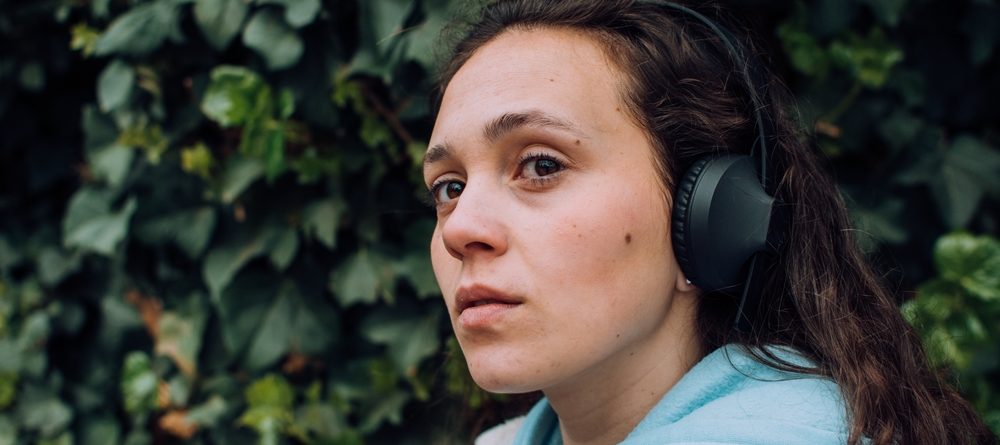Potent THC Negatively Impacts Teens
The Rise in THC Concentration
Cannabis has changed considerably since its legalization was first debated in the 1960s. At that time, the average THC content of a marijuana flower was less than 2%.1 Today, the industry has developed new, more concentrated strains with much higher THC levels. Between 1995 and 2015, for example, there was a 212% increase in the THC content in marijuana available at dispensaries in Colorado. In 2017, the most popular strains ranged between 17 and 28% THC.
The way people consume cannabis has also changed. Oil, dabs, shatter, and edibles have become widely available. These products can yield a THC concentration of up to 95%. These alternative modes of consumption have become especially popular among young people. In 2022, teenagers are vaping potent THC concentrates—and experiencing serious health effects.
Teens in Harm’s Way
In a recent article for the New York Times, reporter Christina Caron interviewed Elysse, a young girl who was 14 when she first started vaping cannabis.2 Because her vape pen was odorless and convenient, it was easy to hide from her parents. Unfortunately, the oils and waxes she purchased typically contained around 90% THC.
A host of negative reactions quickly replaced the initial euphoria Elysse experienced: she passed out in the shower, became anxious, and began vomiting uncontrollably. Doctors eventually diagnosed her with cannabinoid hyperemesis syndrome. This condition causes recurrent vomiting in those who consume large amounts of marijuana.
This reaction isn’t uncommon among teens who use high-potency THC products. Other repercussions include:
- Disruption of brain development
- Psychosis
- Lifelong psychiatric problems
- Depression
- Suicidal ideation
- Changes to brain anatomy
- Memory problems
- Addiction
Despite these severe side effects, regulating bodies have shied away from intervening. Because cannabis is federally illegal, the Food and Drug Administration has declined to take action.
Long-Term Consequences
Despite what some teens and parents may think, there are many lifelong health issues associated with adolescent marijuana use. A 2021 study published in JAMA Psychiatry reported that, in 1995, only 2% of Denmark’s schizophrenia diagnoses were affiliated with cannabis use. In 2010, that number had risen to 6 to 8%.
Marijuana can change the physical structure of the brain among young users. It reroutes connections in ways that researchers don’t fully understand. Psychotic symptoms like hallucinations, strange behavior, hearing voices, and struggling to distinguish fantasy from reality have become more common.
If a teenager displays these symptoms, Dr. Sharon Levy says that “[getting that person off cannabis] becomes an emergency. Because maybe, just maybe they’ll clear up, and we’re preventing someone from developing a lifelong psychiatric disorder.”
“The younger you are, the more vulnerable your brain is to developing these problems,” she added. For this reason, teenagers who are heavy users of marijuana should receive professional help.
Help for Teens Addicted to High-Potency THC
If your child is consuming high-potency THC, help is available. Ray Estefania and Ana Moreno have more than 40 years of experience working with individuals and families struggling with complex substance use disorders. They provide evaluations, interventions, and concierge-level support to families who are stuck in the cycle of cannabis use disorder. Contact our office to learn how we can help your family heal.
References
1. Stuyt, E. The Problem with the Current High Potency THC Marijuana from the Perspective of an Addiction Psychiatrist. Mo Med. 2018 Nov-Dec;115(6):482-486. PMID: 30643324; PMCID: PMC6312155. https://www.ncbi.nlm.nih.gov/pmc/articles/PMC6312155/
2. Caron, C. (2022, June 23). Psychosis, Addiction, Chronic Vomiting: As Weed Becomes More Potent, Teens are Getting Sick. The New York Times. Retrieved July 7, 2022, from https://www.nytimes.com/2022/06/23/well/mind/teens-thc-cannabis.html
At R&A Therapeutic Partners Raymond Estefania and Ana Moreno specialize in substance use and mental health disorder evaluations, treatment, intervention and therapeutic/educational consulting for clients throughout the greater South Florida area, as well as nationally and internationally. For more resources and information please visit Therapeutic-Partners.com or on Facebook.

